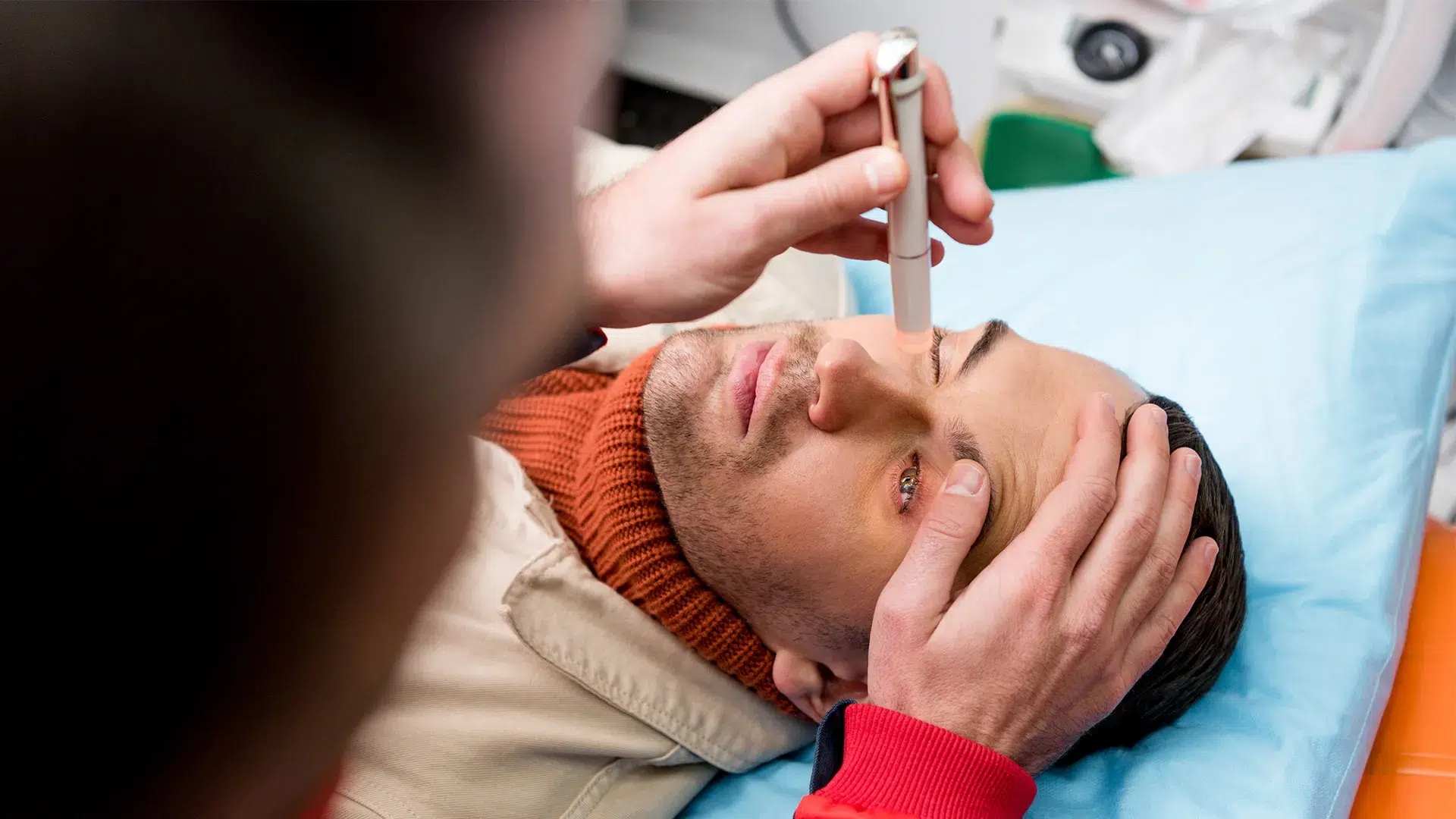Categories
It’s better to be too cautious than too cavalier when it comes to your eyes. What this means is that I probably tell a few people they shouldn’t have LASIK that would have done well with it. But believe me, that is a way, way better situation than being told you were a good candidate when you weren’t.
The last thing that you want to happen is to have LASIK-related complications that may result in permanent loss of vision. As a responsible medical practitioner, I’m bound to exercise proper and exhaustive pre-operative screening during consultation first and foremost. It’s the same priority I give when performing sensitive surgical techniques, using state-of-the-art medical equipment, and making sure that follow-up treatments are made.
But you may argue that different eye doctors have different opinions. You may qualify for LASIK in one clinic, but be denied in another. An eye doctor in Florida may let you pass the screening, but another practitioner in a different state may not. So who should you follow then?
Differing Opinions From Different Eye Doctors
Why would one doctor say you’re a candidate for LASIK, and another say you’re not? The quick answer here is that one of those doctors is probably wrong. It doesn’t help us much though, because now we’ve got to figure out which one.
It’s kind of like that old logic puzzle of the twins at a fork in the road where one always lies while the other always tells the truth, and you’ve got to figure out what question to ask to find the correct path to take.
I believe the solution to that one was, “Which isn’t the opposite of the path I shouldn’t not decide to not take?” Or something like that. People rarely find themselves in that situation so I haven’t had any practice to keep that answer straight. LASIK candidacy, however? I keep up with that riddle. It’s quite often I’ll meet someone who was told they were or were not a candidate for LASIK when in fact the opposite is true.
The way to know whether or not you’re a LASIK candidate, or why one doctor would say you were and another not, isn’t as quick as saying one doctor is wrong. That doesn’t mean it isn’t straightforward, though.
The vision diagnostics and conversation with your doctor that are necessary for finding out your true LASIK candidacy take time. Those two examples—diagnostics and conversation—aren’t chosen at random. They are the cornerstones to the truism that LASIK is 95% knowing what to do and 5% doing it.
First up is diagnostics. This means the testing of your eye function and imaging of your eyes involved in deciding if LASIK would be safe and effective in your case.
A refraction (“better one or better two?”) is the centerpiece of the eye testing. It has to be done to perfection because it will have influence on the decision-making process and ultimately, your vision after LASIK.
How do you know if it was done right? You start with autorefraction (using a machine that does this automatically). This gets checked against your previous glasses and contacts prescriptions.
Next, a very carefully performed refraction gets you significantly closer to the true final number. That refraction is important enough that it is performed in its entirety again the day of surgery to ensure it matches.
And finally, there is one other crucial component of the exam: dilation.
Dilating drops aren’t necessary for the reason you may think (to get big pupils). They are necessary because they paralyze the focusing muscle in your eye. That focusing muscle is, by a landslide, the primary reason for a refraction coming up with the wrong prescription.
A cycloplegic refraction (which is medicalese for “refracting after dilation”) ensures a refraction is honest, and it often shows where it wasn’t. I describe a cycloplegic refraction as “having the key to the test” because it lets us know if the other vision testing—including your current glasses—is missing something.
The imaging done requires more description than is necessary or helpful in an article like this. Luckily, the idea behind it doesn’t. The scans of your cornea (where LASIK will happen) must give an idea of the architecture and curvature that makes your cornea unique.
Knowing the thickness of the cornea only is like measuring someone for a suit by just asking how tall they are. There are literally thousands of data points that can (and should!) be acquired by the imaging diagnostics of your cornea.
How would you know if that’s what’s happening in your LASIK consult? Great question! And the answer sums up the rest of what we have to talk about here.
The rest of our conversation is about the conversation. It’s the conversation your LASIK doctor has with you during your consult. If you’re talking to a doctor who you feel like you can trust on their verdict about why you can or can’t have LASIK, you should feel like you know why you trust it.
If it isn’t explained clearly why the testing and imaging shows if LASIK is a good choice for you, there’s a reason. It’s usually one of these three: they didn’t do enough of it, they don’t know enough about it, or they don’t care enough to take the time to explain it. None of those three should earn enough trust from you to make it the final call on whether you can have LASIK.
The takeaway here is that if you don’t feel like you’ve got a clear answer, then you don’t have a clear answer. Keep looking. There are LASIK doctors out there who are like that twin who always tells the truth.
